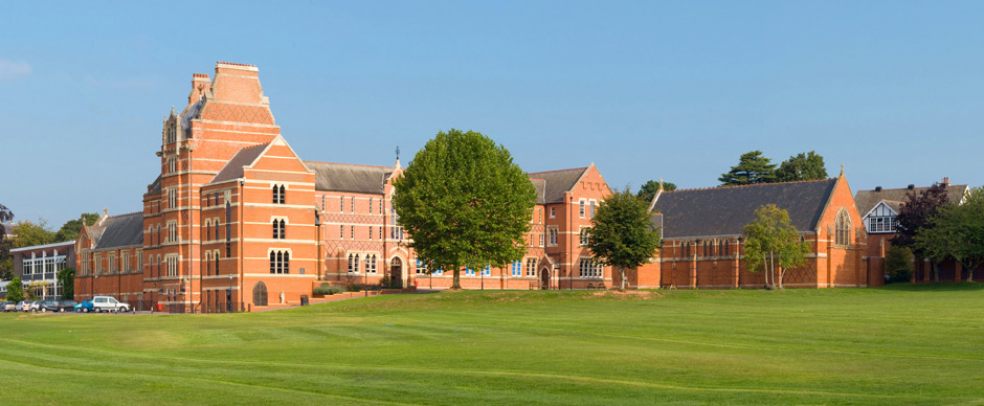
Demand for linear approach drives record take-up of Cambridge IGCSE in the South West
Uptake of Cambridge IGCSE has continued to rise significantly in schools – with a marked uplift in English and the sciences. New data from Cambridge International Examinations reveals that 167 schools in the South West of England are now offering Cambridge IGCSE, with Exeter School in Devon a case in point.
This increase in popularity, which coincides with the 25th anniversary of Cambridge IGCSE, has been driven by a growing appetite among teachers and school leaders for a linear approach that prioritises learning time over assessment.
Nationally, the number of entries for Cambridge IGCSE in English (Literature and Language), and sciences (Chemistry, Biology and Physics) has almost tripled in just one year, with exam entries leaping from 34,700 in June 2012 to 93,300 in June 2013. The total number of entries for all Cambridge IGCSE subjects has doubled in the past twelve months, with over 116,000 entries made by schools this year.
The number of UK state schools taking exams in our linear IGCSE qualification has likewise almost tripled, rising from 368 in June 2012 to 963 this year, meaning state schools now make up almost three-quarters of schools offering the qualification. Including independent schools, Cambridge IGCSE is now being taken in over 1300 schools in the UK.
Nick Moon, Head of Design & Technology at Exeter School in Devon, said: “With a background in Army engineering, I wanted to be able to teach theory through practice, and the Cambridge IGCSE has allowed me to do so – it focuses on the design skills base rather than purely on knowledge and opinion.
“The course challenges our students as it requires them to really think on their feet in the design exam, and it also requires them to exercise good time management in order to complete the exams properly.
“All of these are good life skills. I’ve found that student base knowledge is much stronger going into the next stage of their education and they are much more motivated and able to make decisions on their own, rather than always looking to me for instruction.”
Michael O’Sullivan, Chief Executive, Cambridge International Examinations said: “Cambridge IGCSE has grown significantly in popularity over the past few years. Schools recognise that its linear structure offers rigour and effective preparation for the next stage of their students’ education. For sure, they are also mindful of planned educational reforms such as the recently proposed changes to GCSEs and A Levels. These reforms highlight that Cambridge IGCSE is a step ahead of the curve.”
Cambridge IGCSE has been linear since students first took it 25 years ago, giving teachers the freedom to focus on teaching whilst also providing pupils with the opportunity to study in greater depth and develop skills they need for the next stage of their studies.
For further information visit www.cie.org.uk














